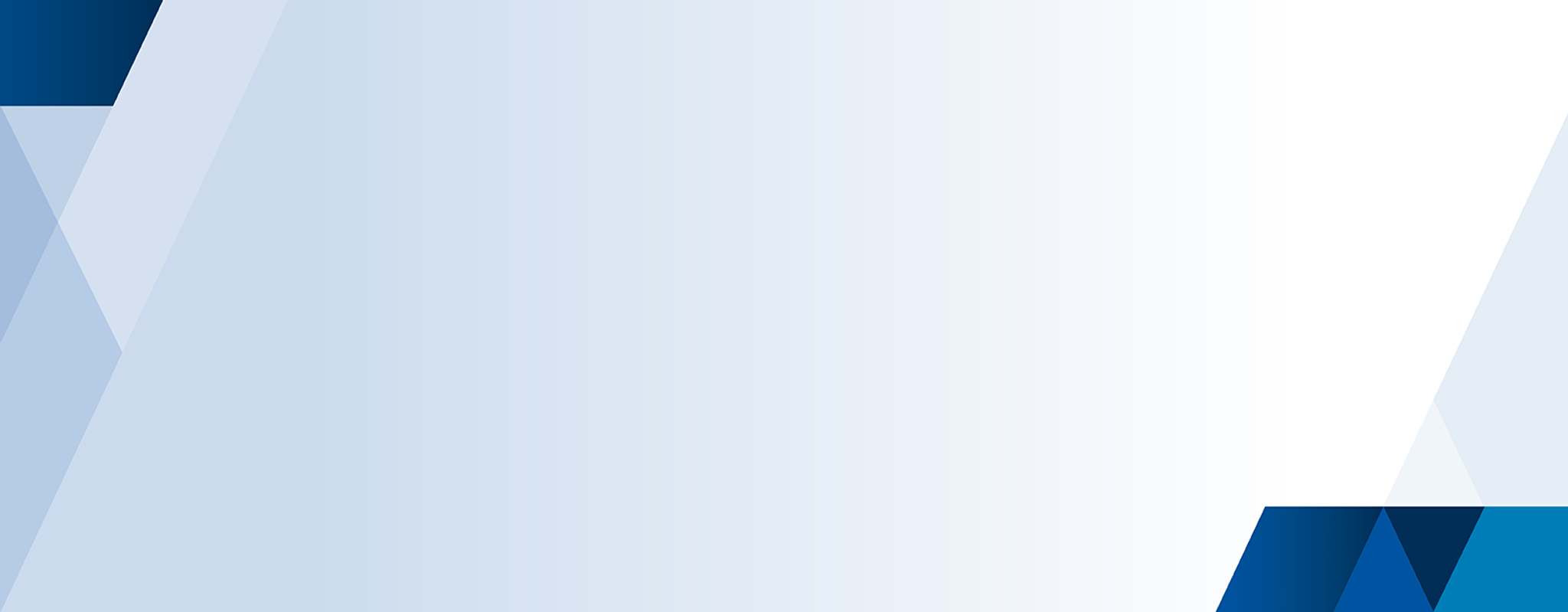Exclusive
Exclusive is when there is a dominant group and those who are not within this group are unwelcome and excluded.
Potential indicators that an organisation is in the exclusive phase include, group members are expected to conform with the dominant norms to fit in and be successful; and those who don’t conform are subjected to discrimination, harassment, bullying, and/or isolation.
Reactive
In the reactive phase organisations are responding to external, or internal pressures to undertake change, rather than it being of their own volition, for example legislative requirements or internal mandates for greater diversity.
Potential indicators of reactive are the inclusion of a few members from other groups, yet new members are still expected to conform to dominant norms; application of quotas and targets without changes to internal structures and “outsiders” are still subjected to harmful workplace behaviours.
Proactive
Proactive is the positive move by an organisation to be internally motivated to be more diverse through changes to policies and practices that create opportunities for others. However, these efforts tend to be limited to traditional understanding of diversity and not included in overall organisational strategy.
Risks in this phase include mandatory diversity training is assumed to overcome bias and discrimination and the dominant group notices a challenge to culture, resulting in backlash.
Potential indicators of proactive include one off mandatory diversity training, the application of targets or quotas, there are limited ‘tokenistic’ positions tasked with influencing organisational diversity.
Progressive
Progressive is the phase where organisations advance beyond traditional diversity and inclusion and understand and appreciate the social justice of diversity. There is greater understanding of the importance to include all people. Barriers to diversity are actively dismantled in all systems, structures and culture.
Potential indicators include employees are encouraged to voice their concerns about exclusionary and other harmful behaviours without fear of repercussions; and efforts are underway to redefine the images of the “ideal” worker through training, awareness, and changes to selection policies.
Inclusive
Inclusive organisations are characterised as those in which diversity and inclusion are viewed as integral to success rather than obstacles to be overcome. All types of diversity are valued, and ongoing efforts are undertaken to support and maintain an inclusive environment.
Indicators include employees report feeling safe, valued, and fully engaged, barriers to diversity and inclusion are removed; exclusionary behaviours and related forms of workplace misconduct are actively reported and quickly addressed; decision-making processes are perceived as consistent, fair, and bias-free.
Updated
